
by Sean Woitas | Sep 12, 2022 | Blog
Being a homeowner comes with many joys but also various hardships. If you’re a first-time homeowner, you’re probably still learning all the ins and outs of home maintenance. With that in mind, you should understand the dangers of having radon gas inside...

by Sean Woitas | Aug 25, 2022 | Blog
Radon is a naturally occurring gas that can infiltrate your home and cause lung cancer through extended exposure. Interestingly, radon comes from the natural decay of uranium in rocks and soil. Because it’s a gas, it continuously moves toward lower air pressure....
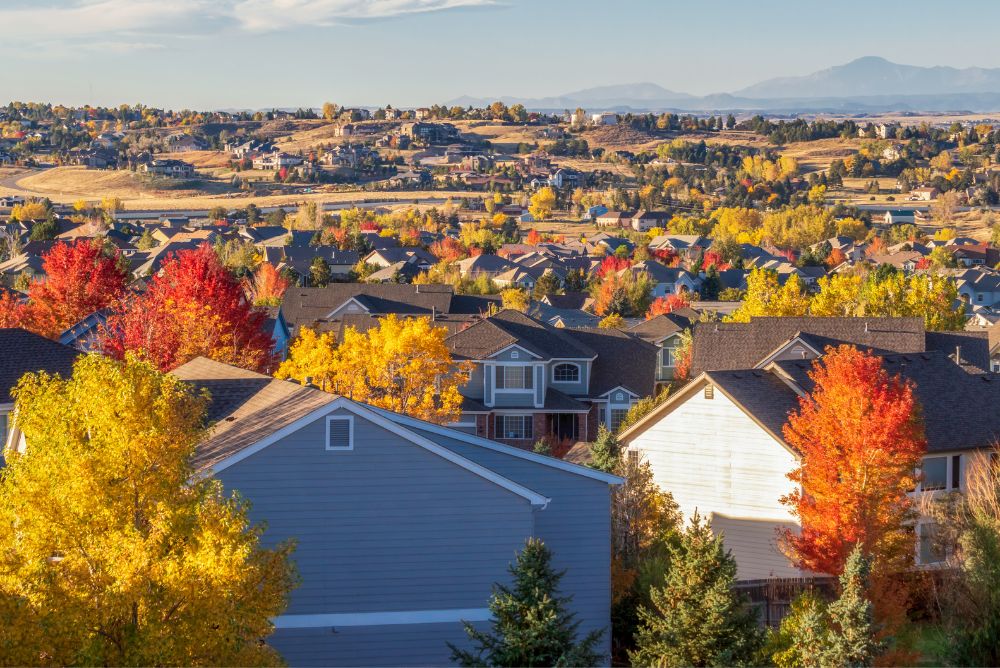
by Sean Woitas | Aug 9, 2022 | Blog
Many substances in your home may harm your family’s health, but radon is one of the most dangerous gases to encounter. Although it’s undetectable to your senses, radon can wreak havoc on your health, as it’s one of the leading causes of lung cancer in the US. While...
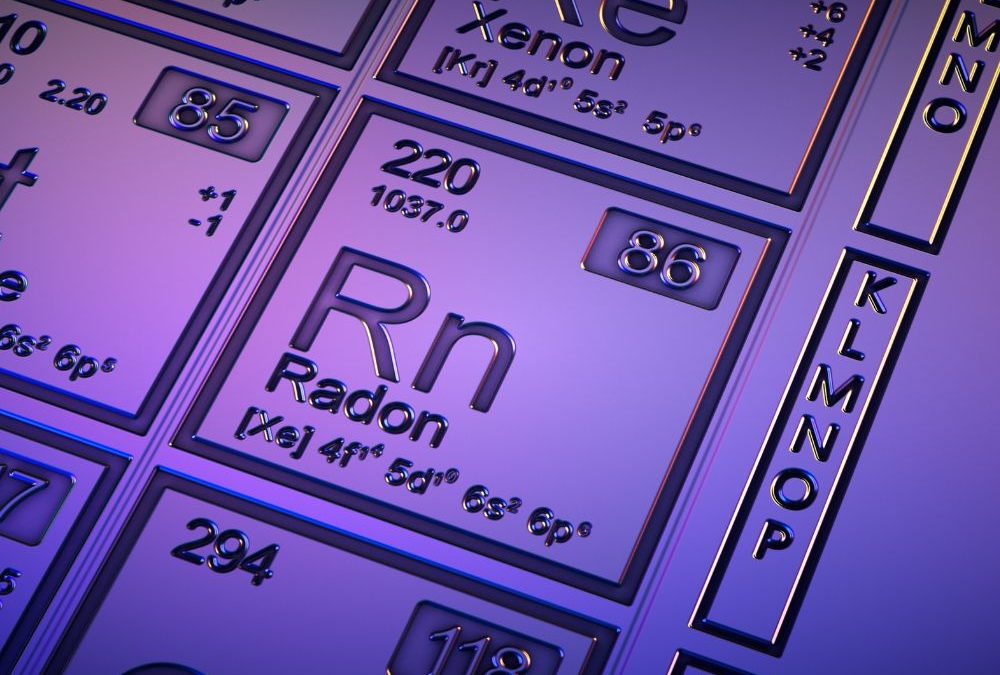
by Sean Woitas | Jul 27, 2022 | Blog
Although it’s nearly impossible to avoid, radon gas is one of the most dangerous substances to have within your home. You can’t smell, see, or taste it, but exposure to high concentrations of it can be detrimental to your health. Learning these unique facts about...

by Sean Woitas | Jul 15, 2022 | Blog
You shouldn’t only test for radon when you purchase a new home. In fact, you should regularly test to ensure you’re not exposing your family to the dangerous substance. Because radon gas is naturally occurring, colorless, and odorless, it has minimal effects on your...
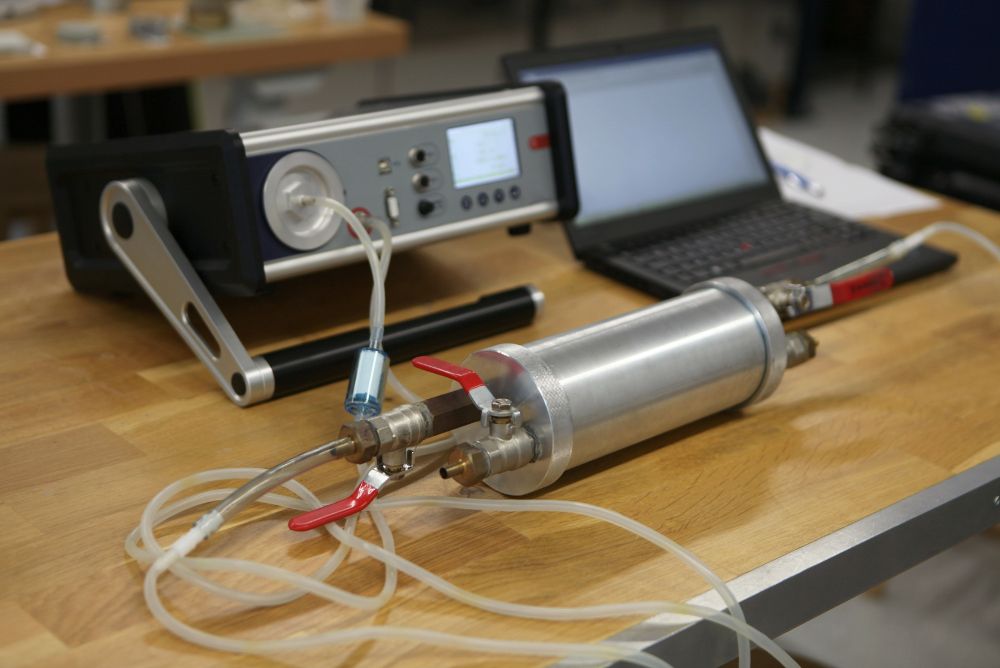
by Sean Woitas | Jul 7, 2022 | Blog
Radon is completely odorless, tasteless, and invisible, making it extremely difficult to detect. While you might find it in your basement unexpectedly, it’s a dangerous assumption to think radon gas is only found in basements. Having a basement may increase your...

by Sean Woitas | Jun 22, 2022 | Blog
Radon gas is the result of the natural decay of uranium within the earth. Although it’s not a problem in all locations, it’s a radioactive substance and a potential carcinogen. Because radon gas is odorless, clear, and tasteless, it’s nearly impossible to detect in...
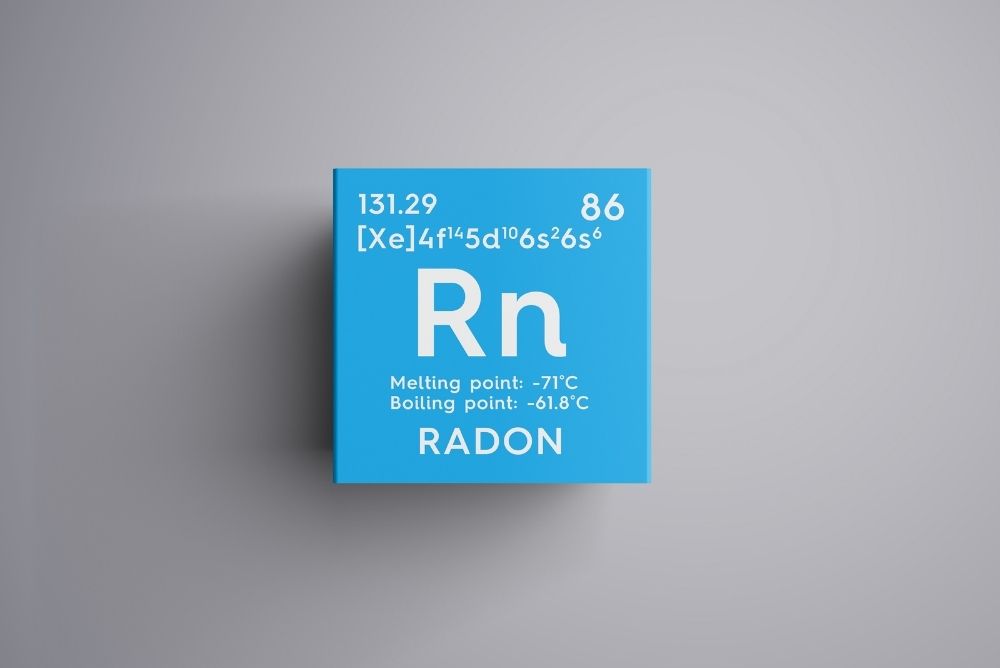
by Sean Woitas | Jun 8, 2022 | Blog
Radon is one of the seven noble gases, and it’s much different from all the others. Noble gases are the least reactive chemical elements, as they have little tendency to accept or donate electrons to form chemical bonds. Follow along to learn how else radon gas...
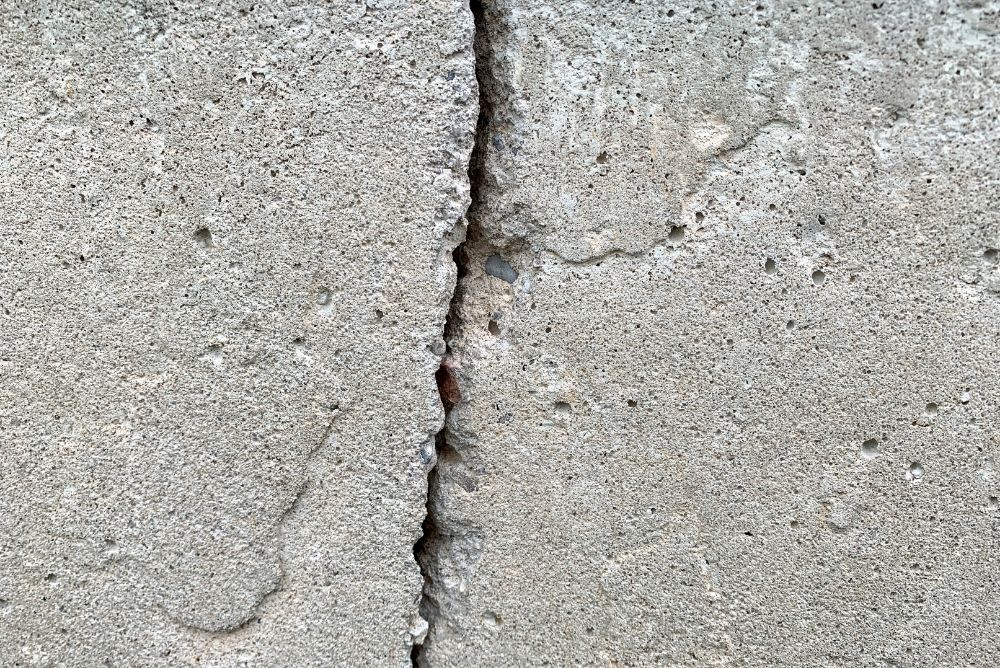
by Sean Woitas | May 27, 2022 | Blog
Radon is a radioactive gas that comes from the natural breakdown of uranium in almost all soil. Small traces of radon are unavoidable, but high radon levels within your home can be detrimental to your family’s health. Being aware of how radon gas gets into your home...
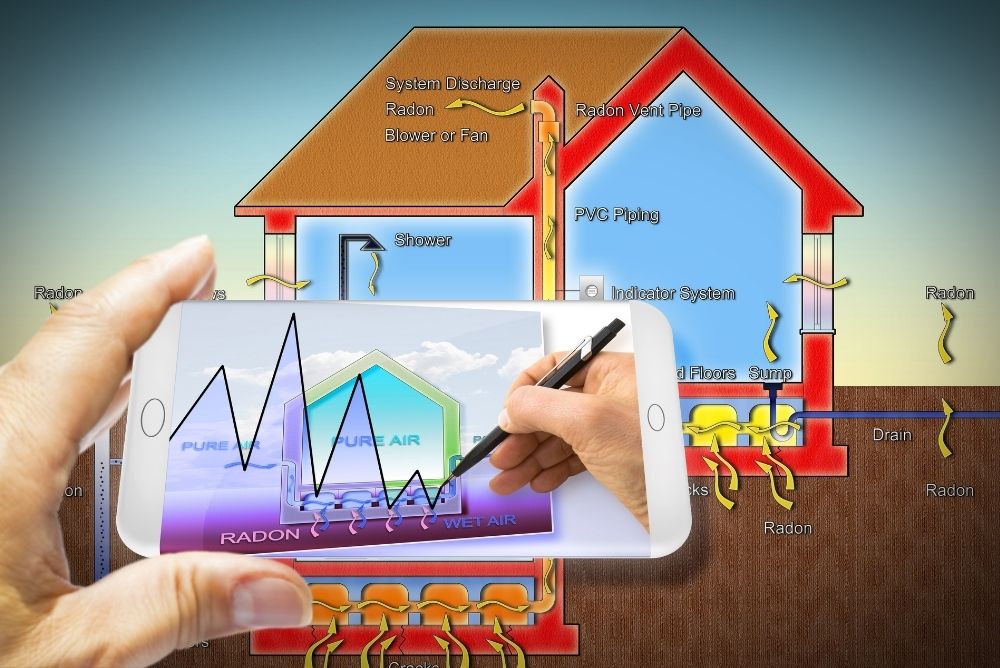
by Nicholas Trujillo | May 13, 2022 | Blog
Since you can’t smell, feel, taste, or see radon gas, it’s challenging to identify when high levels are present within your home. With that in mind, regular testing is essential to avoid exposure. Understanding the health risks of having radon in your home is the...












Recent Comments